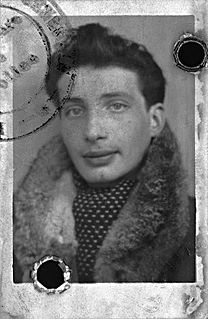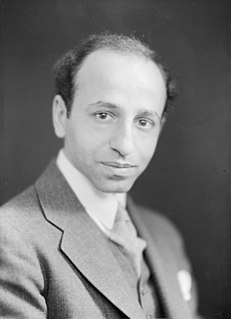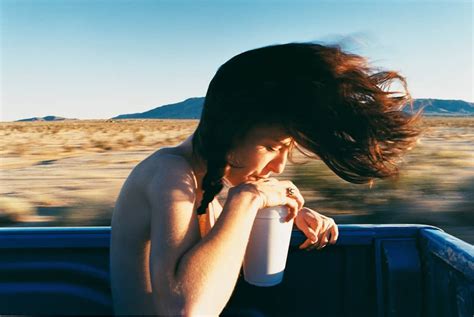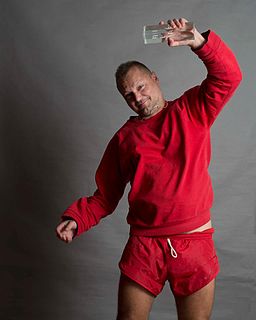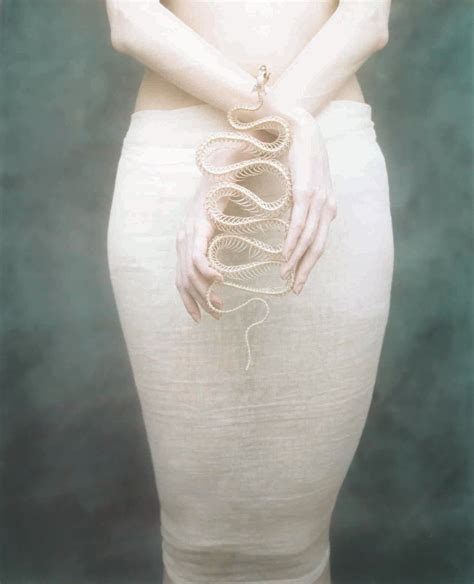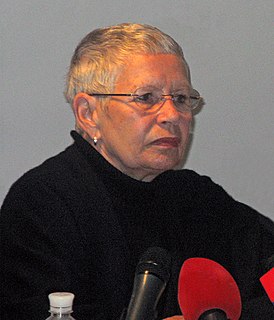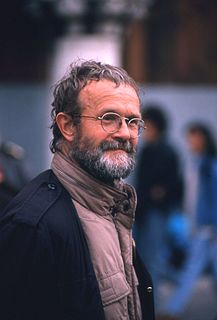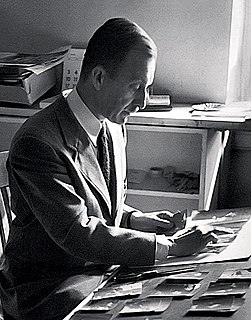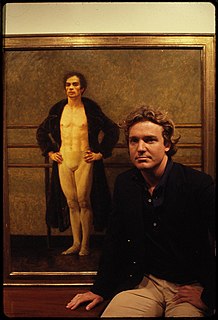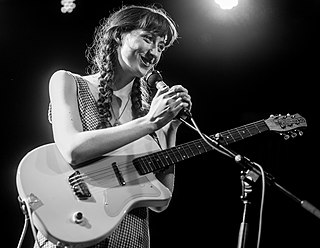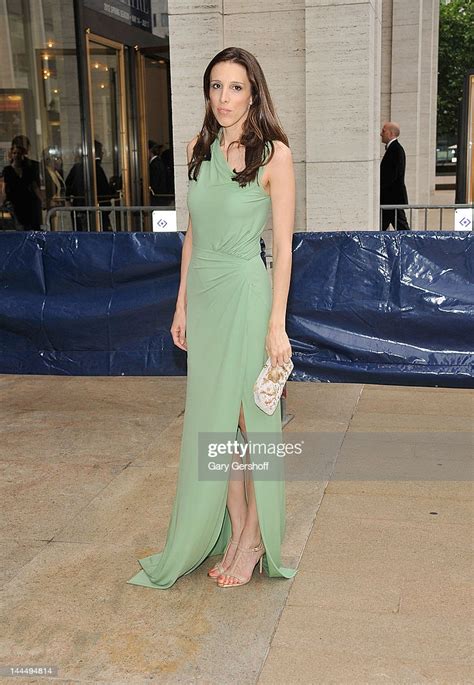A Quote by Annie Leibovitz
There is a myth that the portrait photographer is supposed to make the subject relax, and that's the real person. But I'm interested in whatever is going on. And I'm not that comfortable myself.
Related Quotes
A photographer is a witness. He has a moral duty. Every picture must be true and honest. I believe a photographer's strength is his ability to accurately record reality. There are photographers who think they are lucky if they find unusual or special subject. But it is never the subject that is so marvelous. It is how alive and real the photographer can make it.
Through a portrait, we can potentially see everything — the history and depth of a person's life, as well as evidence of a primal universal presence. I have dedicated my life and creative energy to capturing these transcendent moments in which a connection is made between the subject, the photographer, and the viewer.
The personality and style of a photographer usually limits the type of subject with which he deals best. For example Cartier-Bresson is very interested in people and in travel; these things plus his precise feeling for geometrical relationships determine the type of pictures he takes best. What is of value is that a particular photographer sees the subject differently. A good picture must be a completely individual expression which intrigues the viewer and forces him to think.
There's always been a separation between fashion and what I call my 'deeper' work. Fashion is where I make my living. I'm not knocking it. It's a pleasure to make a living that way. It's pleasure and then there's the deeper pleasure of doing my portraits. It's not important what I consider myself to be, but I consider myself to be a portrait photographer.

